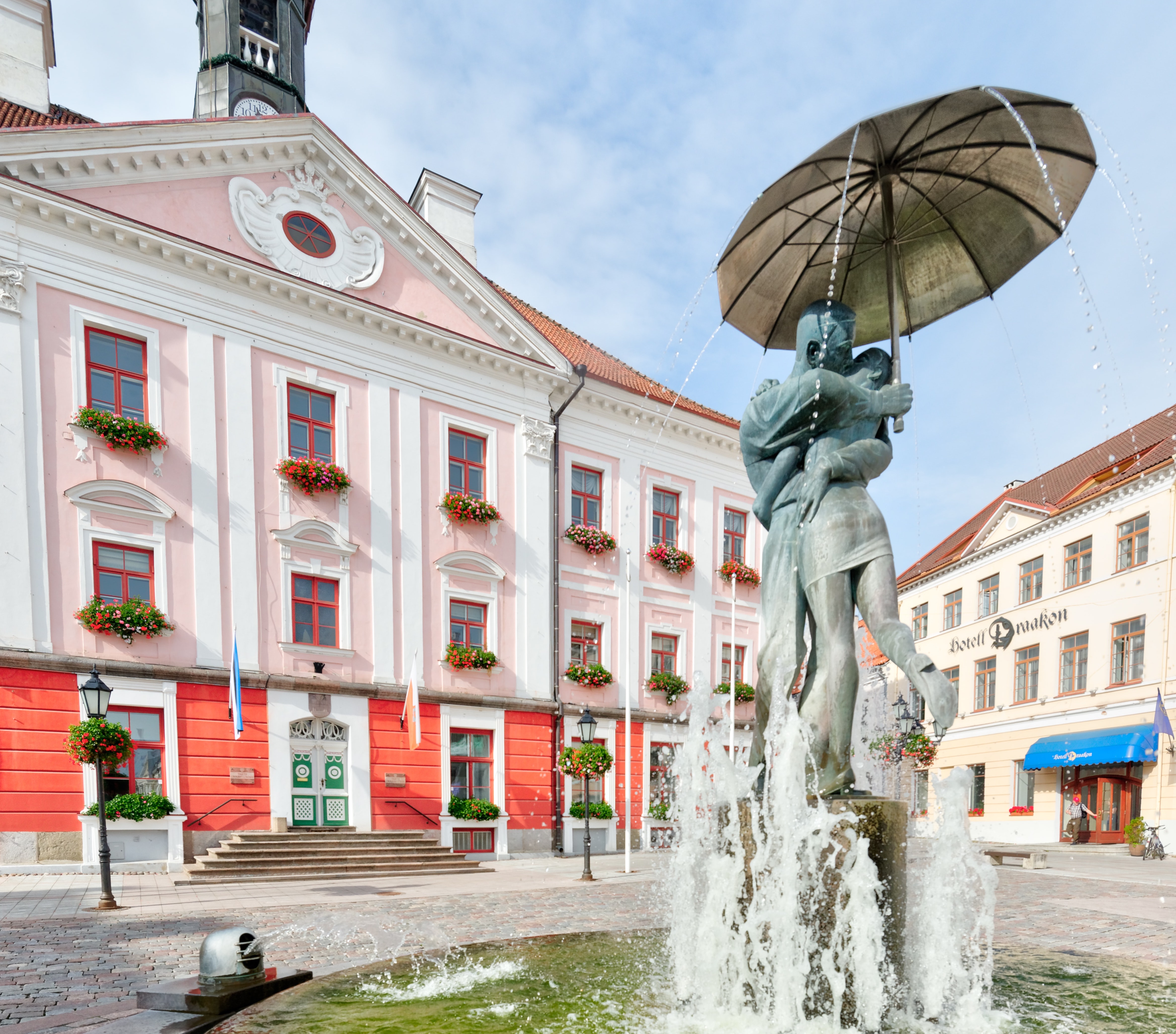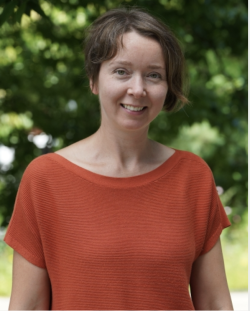Summer 2026
Application Deadline
Feb 1, 2026 3 Months
0 Weeks
4 Days

The Baltic LEAP program is run jointly by the Department of East European, Eurasian and Russian Studies (EEER) together with Government and The Arthur L. Irving Institute for Energy and Society. The Baltic countries, all EU member states, provide a fascinating learning laboratory for studying evolving governance strategies, energy transitions, and the dynamics of language and culture. The unique perspective of these Baltic nations results from their distinctive geographic location, positioned between Europe, Scandinavia, and Russia.
All students in the program will take a broad survey covering the history and culture of the Baltic region, incorporating guest lectures by a stellar range of local scholars. The history of the Baltic states is closely intertwined with that of the Russian Empire and Soviet Union. Students studying Russian language in these countries will appreciate the long and complicated history of contacts with Russia, as well as the crucial perspective of a formerly colonized nation.
The Baltic states are home to a substantial Russophone population and offer our students a multinational experience both within and without the borders of a single state, since students will spend time in Lithuania, Latvia, and Estonia. Each of these countries is distinct, with their own language, history, and culture, and each represents a society still in transition from decades of Russian/Soviet influence.
The program run in partnership with Vilnius University in Lithuania and Tartu University in Estonia.
About 15 students are selected for the program.
For more information about applying for this program, see our webpage on How to Apply & our FAQs under section 2 (How to Apply: Application)
 Lynn Patyk Professor
Lynn Patyk Professor This program will run with a new curriculum in summer 2026. The finalized curriculum will include classes accessible to students at all levels of Russian, including beginning.
More details will be shared with applicants when they become available.
More details will be shared with applicants when they become available.
 Tatiana Filimonova Assistant Professor
Tatiana Filimonova Assistant Professor This program will run with a new curriculum in summer 2026. The finalized curriculum will include classes accessible to students at all levels of Russian, including beginning.
More details will be shared with applicants when they become available.
More details will be shared with applicants when they become available.
Students live in shared, self-catered apartments/flats equipped with kitchen facilities for preparing meals or in dormitories. Students should expect to share a bedroom and bathroom with other students. All students committed to this program will complete a housing preference form for shared housing and roommate placements.
For more information, please see the department website.
The fees charged by the College for a Dartmouth-sponsored off-campus term of study include regular tuition charges for a term at Dartmouth, service fees, as well as the specific costs established for each off-campus study locale. In many programs, the room and board costs tend to be higher than for a term in Hanover. You can view a budget sheet for each program by clicking on the appropriate term under "Financing Your Program". The cost of transportation to and from the site is the responsibility of the student.
In order that all qualified Dartmouth undergraduate students may have the opportunity to take part in off-campus programs, the College endeavors to adjust its normal financial aid awards for students already receiving aid. Tuition and expected family contribution for Dartmouth's off-campus programs are the same as for an on-campus term.
All costs, including airfare and spending money, are considered when determining the cost of an off-campus program. Any costs more than a typical term in Hanover are met with additional Dartmouth Scholarship Funds. If you have a work expectation for the term, this will be replaced by scholarship funding for programs that span the entire term.
Students are responsible for purchasing their own plane tickets and, in many cases, meals. Often, families find that they owe less for billable items for study away terms but will instead use more of their expected family contribution towards indirect costs such as the flight and meals. For help sorting out who pays what and how, contacting the Financial Aid office is often advisable.
Financing your program | Financial Aid | Scholarships | Budgeting & Costs
 Sydney Pike Administrator
Sydney Pike Administrator  TBD
TBD